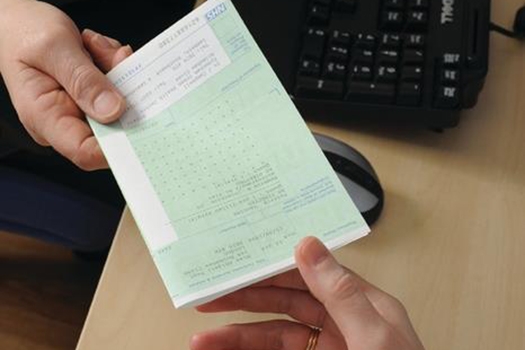Anxiety and sleeping drugs prescribing highest in deprived areas, study shows

Patients in the most deprived areas of England are prescribed the highest volumes of benzodiazepines and z-drugs, according to an in-depth study which also found that the association could not be explained by factors such as age of population or social status alone.
A team from Warwick University compared rates of prescribing in CCGs in 2017 with levels of socioeconomic deprivation and found a clear association with benzodiazapines and z-drugs and location in ‘underserved areas’.
In 2017, more than 14.6 million prescriptions of benzodiazepines and z-drugs were written in England but practices in the least deprived areas prescribed fewer benzodiazepines than those in every other category, the research showed.
Overall the rate of prescribing of benzodiazepines and z-drugs was on average a significant 45% higher in the most deprived GP practice populations compared with the least deprived at 288 versus 198 prescriptions per 1,000 patients.
The strong association remained after taking into account sex and age differences in practice populations.
Analyses showed that the combination of deprivation score, proportion of male patients and number of over 65s could only explain around a fifth of the variability in total benzodiazepine and z-drug prescribing found.
Writing in Family Practice, the researchers said there was ‘a preponderance of higher prescribing rates in coastal regions, but no clear north-south divide’ and that social status alone could not explain the findings.
It comes as a review from Public Health England acknowledged that GPs were often under ‘great pressure’ to provide access to medicine which has the potential to be addictive.
The review found that over 11 million adults in England were prescribed addictive drugs between 2017 and 2018.
Study leader Dr Saran Shantikumar, from Warwick Medical School, said: ‘The key result we found was there was an association between the amount of benzodiazepines prescribed in GP practices and the level of deprivation of people served by that practice.
‘What we can’t tell from our analysis is which people within a given practice are getting those prescriptions.’
He added that a recent report from Public Health England suggested that, if anything, individual patients from the least deprived practices were more likely to be prescribed these drugs.
‘So we’re left with a conundrum: if fewer patients from the most deprived practices are being prescribed benzodiazepines, why do they tend to be prescribed higher volumes of them?’
He said one potential explanation is a systemic difference in reasons behind the prescribing in practices which might lead to those in more deprived areas being more likely to have repeat prescriptions.
‘What clinicians can do is be aware that they may have patients who have been on these tablets for a long time and are potentially at risk, so it is worth actively thinking about whether a patient needs to continue taking those tablets or if there are alternative strategies.’
Visit Pulse Reference for details on 140 symptoms, including easily searchable symptoms and categories, offering you a free platform to check symptoms and receive potential diagnoses during consultations.









